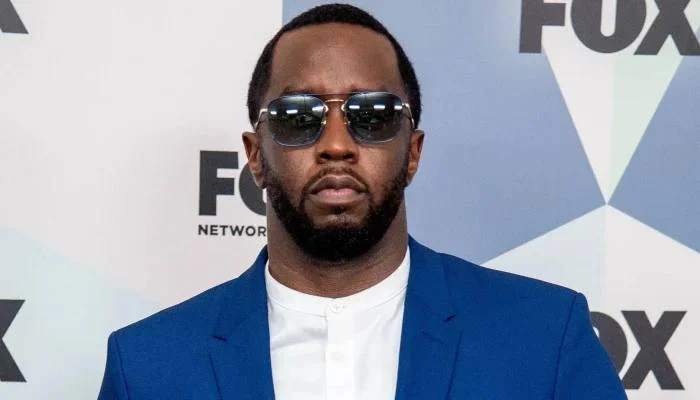Sean “Diddy” Combs Denied Bail in Serious Sex-Trafficking Case
3 min read

Sean “Diddy” Combs, the prominent hip-hop mogul, has been denied bail following his not guilty plea in a federal sex-trafficking case. A New York judge remanded Combs in custody after prosecutors argued that he posed a “serious flight risk.”
The 54-year-old music producer was arrested on Monday evening and faces serious allegations related to a criminal enterprise that allegedly operated from 2008 onward. Prosecutors claim this enterprise used drugs and violence to compel women to fulfill Combs’s sexual desires. The 14-page indictment includes charges of racketeering, sex trafficking by force, and transportation for prostitution. If convicted on all counts, he could face a prison sentence ranging from 15 years to life.
During his court appearance on Tuesday, Combs appeared in a black T-shirt and grey sweatpants. When asked by U.S. Magistrate Judge Robyn Tarnofsky how he wished to plead, he stood up and declared, “Not guilty.”
Court documents reveal disturbing details about Combs’s alleged behavior. He is accused of leveraging his fame and power to “lure female victims… to engage in extended sex acts” known as “Freak Offs.” During these encounters, the indictment states that Combs distributed controlled substances to keep the victims compliant and obedient.
U.S. prosecutor Damian Williams disclosed that federal agents discovered firearms, ammunition, and over 1,000 bottles of lubricant during raids on Combs’s properties in Miami and Los Angeles six months ago. Among the recovered items were three semi-automatic rifles with altered serial numbers and a drum magazine. Williams indicated that additional charges might be forthcoming but did not provide specifics.
Combs’s attorney, Marc Agnifilo, announced that the defense team has already filed an appeal against the bail ruling, with a hearing scheduled for Wednesday. Agnifilo expressed confidence in Combs’s innocence, stating, “We believe in him wholeheartedly. He didn’t do these things. There’s no coercion and no crime. He’s not afraid of the charges.” He further labeled the prosecution as “unjust.”
Federal prosecutors allege that Combs engaged in a pattern of abuse, threatening and coercing women to satisfy his desires while also trying to protect his reputation. The indictment details claims that Combs created a criminal enterprise in which members operated under his direction, engaging in sex trafficking, forced labor, kidnapping, arson, and bribery.
The documents allege multiple instances of violence, including physical assaults where Combs is said to have struck, punched, dragged, and kicked women. However, the indictment does not specify the number of alleged victims nor does it accuse Combs of directly engaging in unwanted sexual acts.
Combs has faced similar accusations in the past. Last November, his ex-girlfriend, singer Casandra Elizabeth Ventura, filed a civil lawsuit against him, including graphic allegations of violent abuse. While he denied these claims, he settled the case just one day after it was filed. In May, Combs issued a public apology following the emergence of video footage that appeared to show him physically assaulting Ventura in a hotel.
The latest indictment echoes previous allegations of violence against him. Ventura’s lawyer, Douglas Wigdor, declined to comment on Combs’s recent arrest.
The indictment arrives amid a series of sexual assault allegations targeting Combs, one of the most successful figures in hip-hop history. Four women, including Ventura, have filed lawsuits accusing him of sexual and physical abuse. In a statement last December, Combs described these claims as “sickening allegations” made by individuals seeking financial gain.
In June, Combs returned a ceremonial “Key to the City of New York” after a request from Mayor Eric Adams, who had honored him just nine months prior. Shortly afterward, Howard University announced it would revoke his honorary degree from 2014.
Combs, also known as P. Diddy and Puff Daddy, is credited with launching the careers of numerous artists, including Usher, Mary J. Blige, and The Notorious B.I.G., during the 1990s and 2000s. As this case unfolds, the implications for Combs’s career and legacy remain uncertain.
WhatsApp us
Notifications